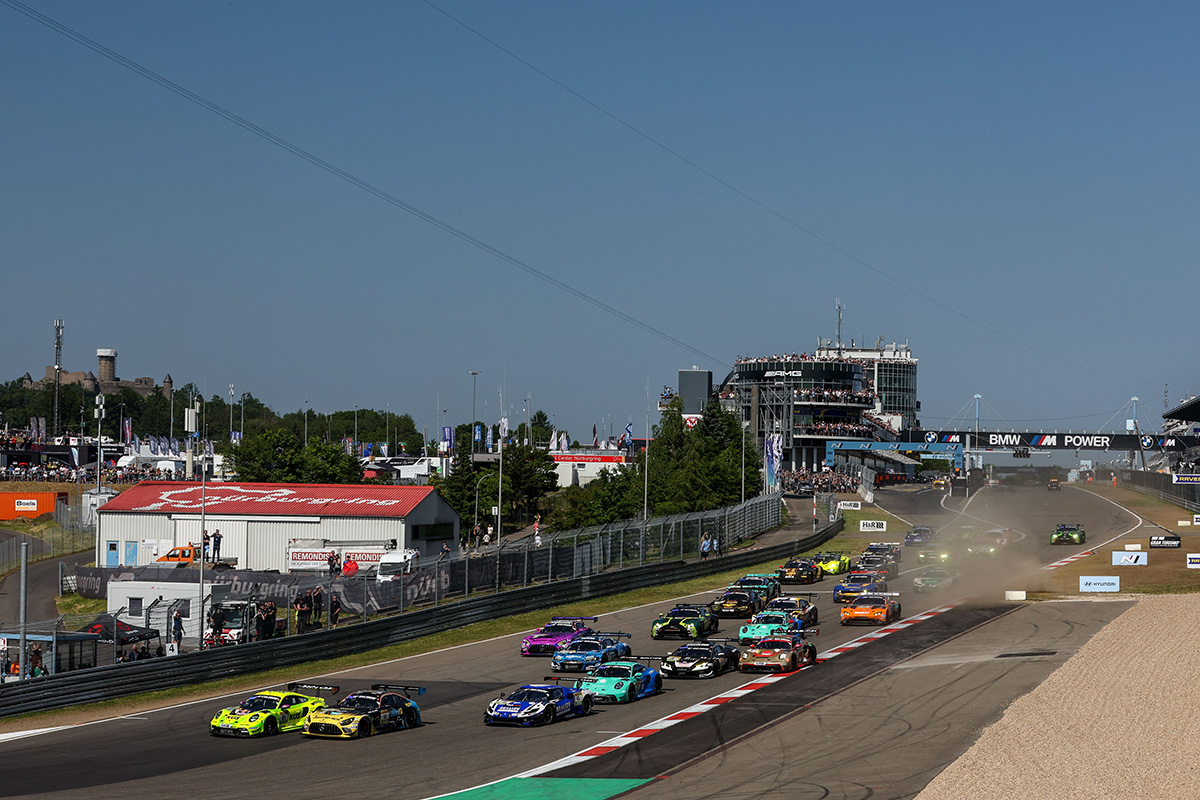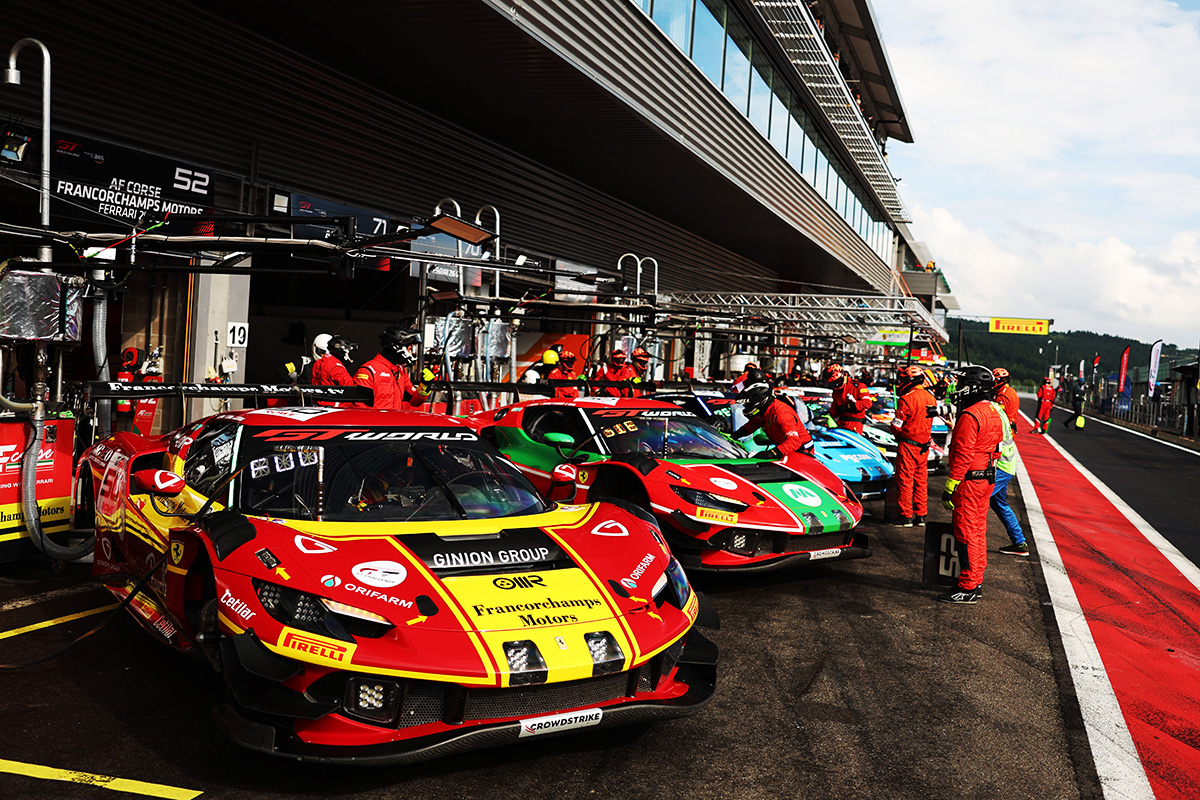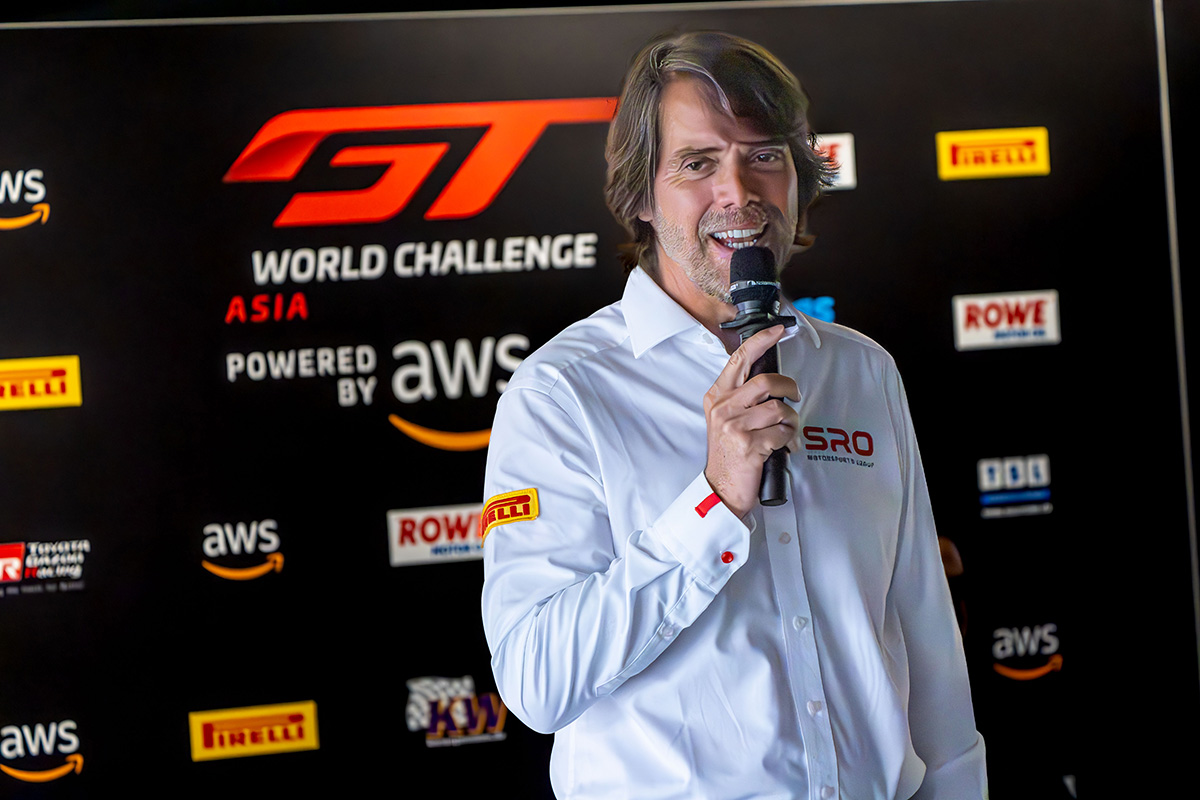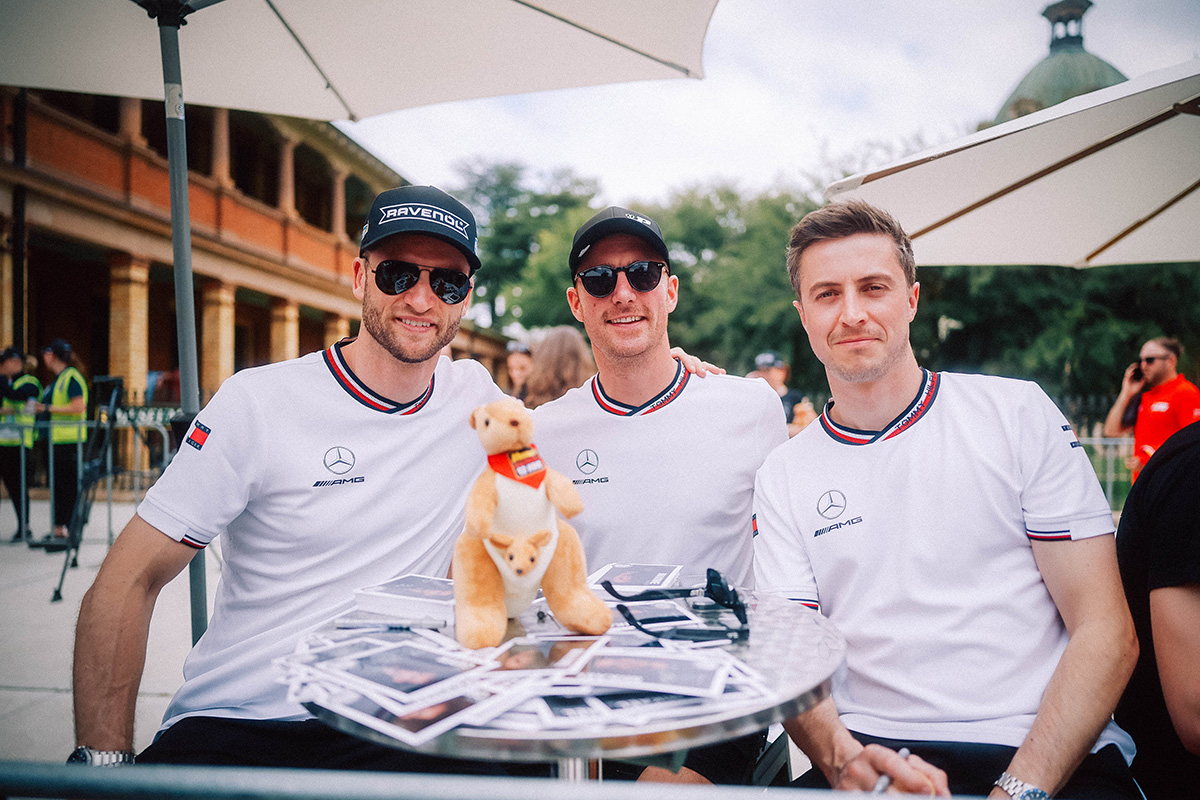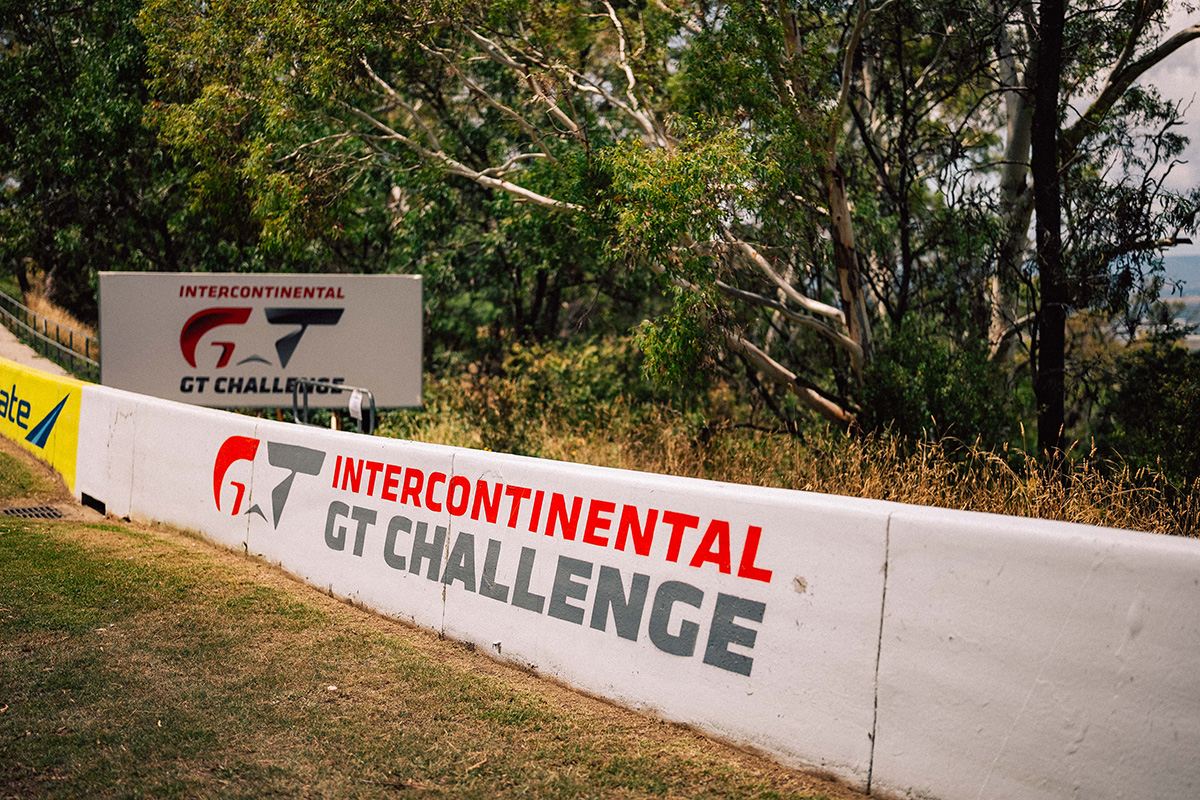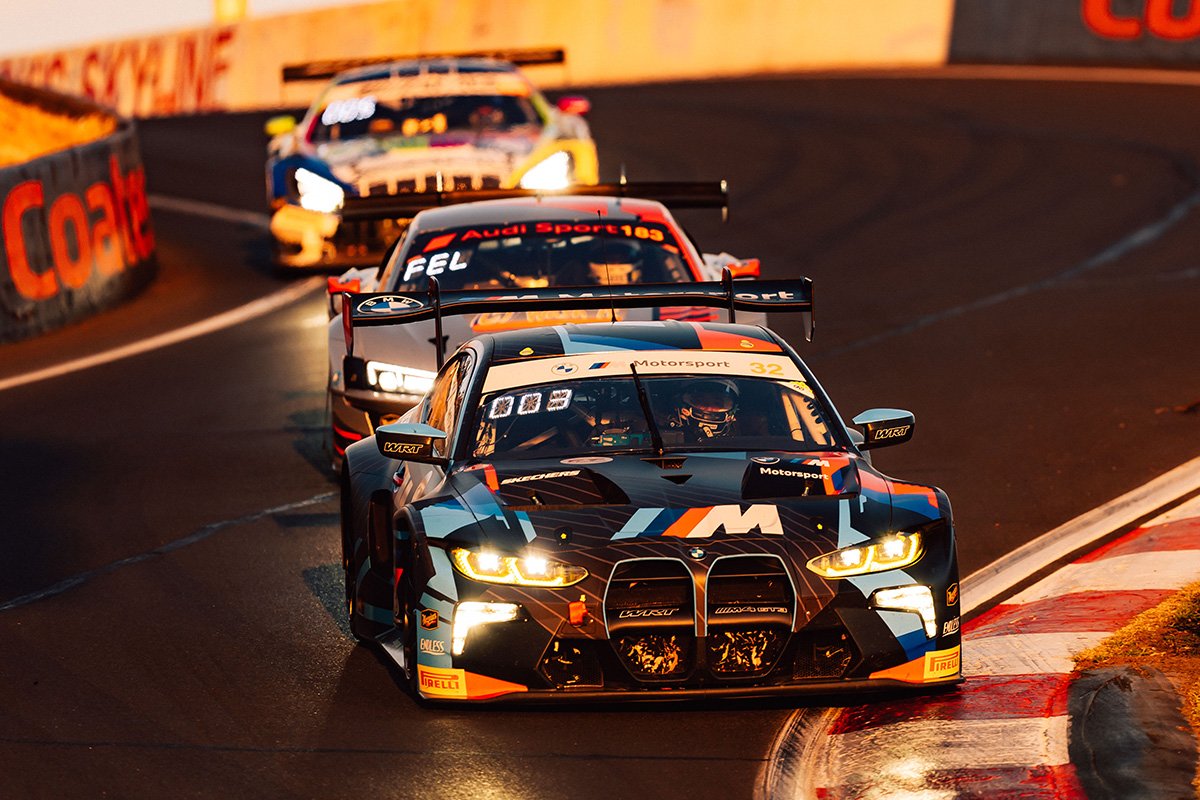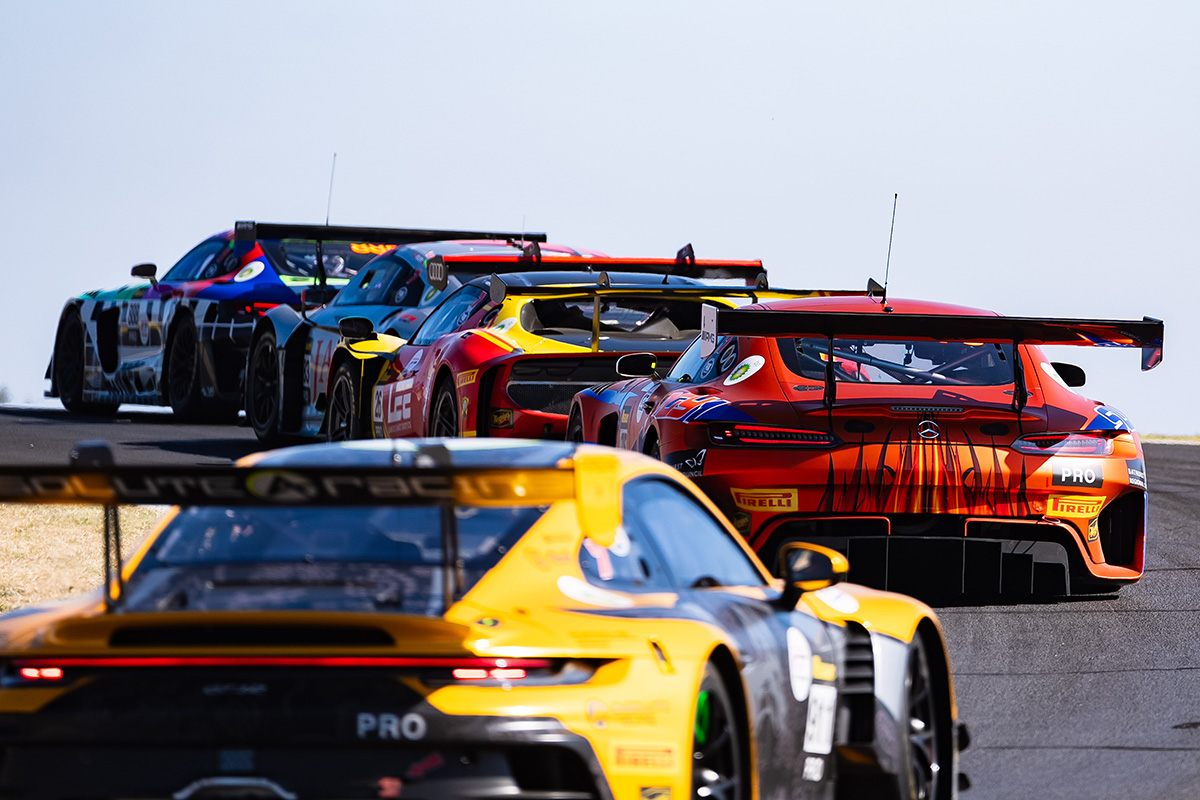August 22, 2025
Interesting to Know: “Intercontinental GT Challenge” The Pinnacle Long-Distance GT Race Where 9 Manufacturers Compete
The Intercontinental GT Challenge was founded by the SRO Motorsports Group (commonly known as SRO), whose founder and CEO is Stéphane Ratel, a former racing driver. The company has previously launched the FIA GT1 World Championship and the Blancpain Endurance Series, and since 2020 has achieved success with the GT World Challenge Powered by AWS, which features FIA-GT3 vehicles.
The Intercontinental GT Challenge is a racing series established in 2016 by the SRO Motorsports Group to "reward manufacturers and drivers who achieve the best overall results in the world's premier independent endurance races."
The series is positioned as the "pinnacle of long-distance GT racing," with a race calendar spanning multiple continents. In 2025, it will feature a total of five events: the Bathurst 12 Hour in Australia, the Nürburgring 24 Hours in Germany, the Spa 24 Hours in Belgium, the Suzuka 1000km in Japan, and the Indianapolis 8 Hours in the United States. The total race time amounts to 76.5 hours.
The races are contested with FIA-GT3 cars, which have been thriving worldwide in recent years, and the tires are a Pirelli one-make, but the participating manufacturers send prestigious machines from around the world. Among them, BMW, Ferrari, Mercedes, and Porsche compete full-season in the Intercontinental GT Challenge, battling for overall victory and the championship title with the tension of a sprint race despite being long-distance races.
This season, in addition to the four manufacturers mentioned above, Audi, Aston Martin, Chevrolet, Ford, McLaren, and Lamborghini are also participating, and 10 car models totaling 76 entries competed in the Spa 24 Hours, the race prior to the Suzuka 1000km. Also, since manufacturers participate by supporting customer teams* in each region rather than their own works teams*, it is likely a key point that transportation costs for vehicles can be reduced.
In the series' points allocation, all participating GT3 cars are eligible to earn points, but only the top two cars count toward the Manufacturers* ranking. However, there is no such restriction in the Drivers' Championship, which purely measures speed within each class. Additionally, amateur drivers are awarded the honor called the "Independent Cup"*.
Looking back at the Manufacturers' Rankings since 2016, Audi won the title for three consecutive years from the inaugural season through 2018, while Porsche claimed the championship in 2019 and 2020. Audi regained the title in 2021, but Mercedes took the championship in 2022 and 2023, and Porsche shone as the Manufacturer Champion in 2024, demonstrating the dominance of German brands in all titles since the series' inception.
Japanese automakers have participated with GT3 machines based on the Lexus brand RC F by Toyota GR, the NSX by Honda, and the GT-R by Nissan, but in recent years they have not competed in the Intercontinental GT Challenge. However, the participation of the Nissan GT3 machine has been announced for 2025. This year, we will see Japanese cars challenging the world’s supercars.
In recent years, many participating teams have operated under a "semi-works system" where automobile manufacturers provide technical support and staff assistance, and the drivers on each team include manufacturer-developed talents active worldwide. Because of this, it is expected that many "ace-level drivers" from each manufacturer will participate in the September Suzuka 1000km race, which is one of the rounds of the Intercontinental GT Challenge.
Works Team: A racing team directly operated by the automobile manufacturer itself.
Customer Team: An independent team that purchases GT3 vehicles from each manufacturer and participates in races.
Manufacturer: Refers to the automobile manufacturer.
Independent Cup: A category where amateur drivers compete for annual points.







